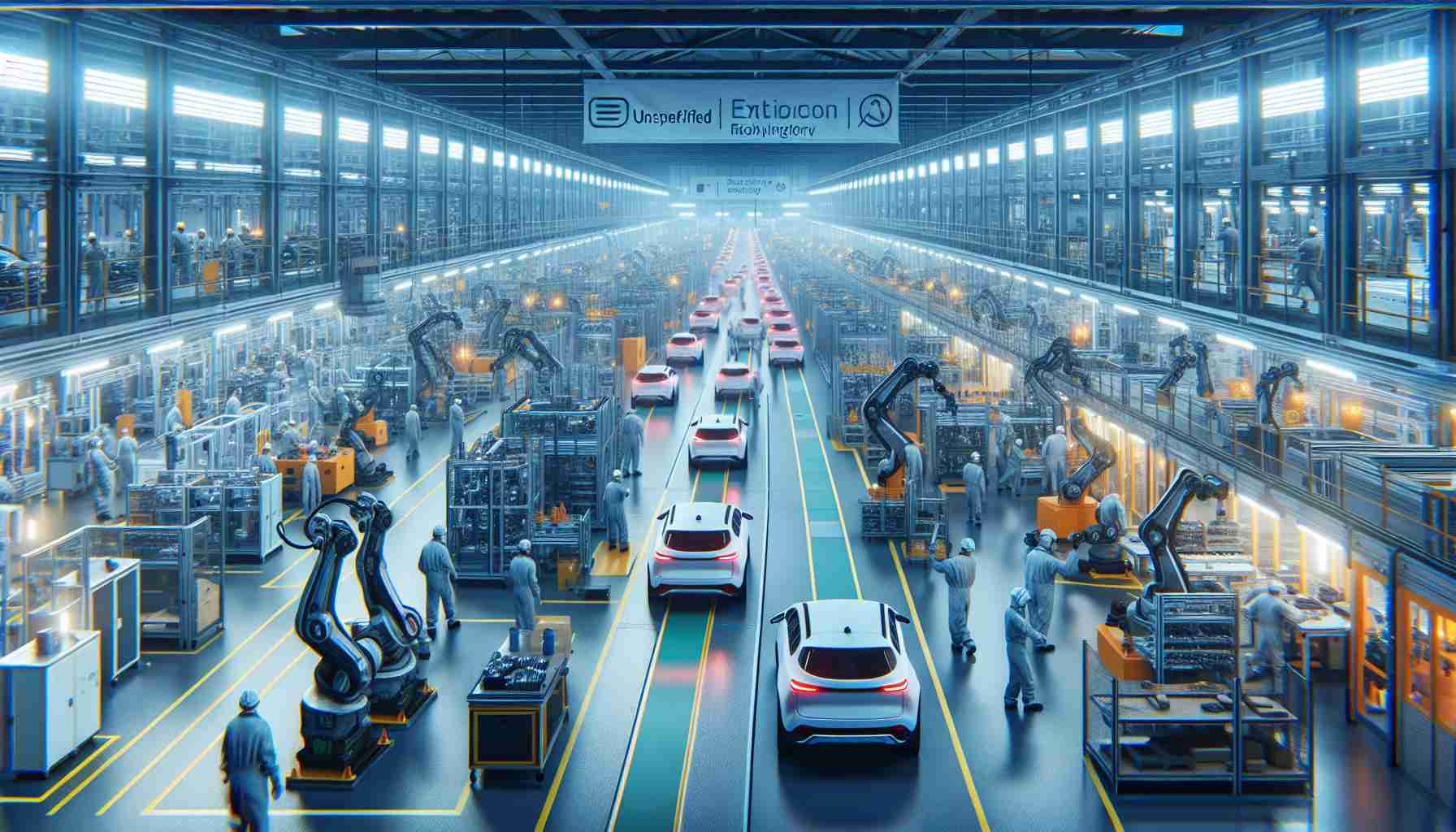Xiaomi Boosts EV Manufacturing with Extended Shifts in Beijing
With consumer demand soaring, Xiaomi is positioned to respond with a bold move to expand production at its Beijing facility. Doubling the operational hours, Xiaomi will transform its production schedule from a single 8-hour shift to a vigorous 16-hour daily commitment. This strategic expansion is slated for kickoff in June, with the objective of amplifying the monthly manufacturing capacity to an impressive figure of almost 20,000 vehicles.
The Xiaomi SU7, the company’s pioneering electric sedan, has achieved a significant milestone with the 10,000th vehicle rolling out on May 15, merely 43 days after its launch. Lei Jun, the visionary CEO behind Xiaomi, shared that the Beijing factory’s output could reach a remarkable rate of 40 vehicles per hour, indicating a vehicle is crafted every minute and sixteen seconds. Once the dual-shift system is fully operational, the production rates are expected to meet the increased demand.
During the May Day holiday, Xiaomi prioritized efficiency enhancements, focusing on equipment upgrades to solidify the foundation for ramped-up production. In addition, the company has seen an 80% surge in component orders, indicating a rigorous preparation for future demand.
Xiaomi’s commitment to market expansion is further reflected in their recruitment efforts, having initiated the search for second-shift personnel as early as April. As deliveries for the much-anticipated SU7 series are estimated to take between 29 and 36 weeks, Xiaomi remains steadfast on its pledge to reach the ambitious delivery goal of 100,000 units before year’s end. Concurrently, aggressive retail growth is on the horizon, with plans to inaugurate 219 new stores by the conclusion of 2024, enhancing Xiaomi’s footprint across 46 Chinese cities. This expansive strategy aligns with the planned second phase of the Beijing plant, promising an additional 150,000 vehicles to the annual production capabilities by 2025.
Questions & Answers:
1. What is the main goal of Xiaomi’s production expansion?
The primary goal of Xiaomi expanding its production is to meet rising consumer demand for their electric vehicles, particularly the Xiaomi SU7 sedan. The company aims to amplify its monthly manufacturing capacity and deliver 100,000 units by the end of the year.
2. What vehicle has Xiaomi recently celebrated producing?
Xiaomi has recently celebrated the production of the 10,000th Xiaomi SU7, which is their pioneering electric sedan.
3. How is Xiaomi planning to manage the increased production?
To handle the increased production, Xiaomi is switching from a single 8-hour shift to running two 8-hour shifts, totaling 16 hours of daily production starting in June.
Key Challenges or Controversies:
Challenges:
– Ensuring the quality of vehicles remains high with the increased production rate.
– Sourcing enough raw materials and components to satisfy the increased production volumes, especially amid global supply chain disruptions.
– Recruiting and training a sufficient number of competent workers for the second shift.
– Managing the potential environmental impact and energy consumption associated with increased manufacturing activity.
Controversies:
– As the EV market is increasingly competitive, there may be concerns about market oversaturation or intense competition affecting Xiaomi’s market share.
– Xiaomi may face scrutiny over workers’ rights and conditions as they increase operational hours and push for higher production targets.
Advantages and Disadvantages of Extended Work Hours for EV Production:
Advantages:
– Increased production can help meet the high demand and reduce delivery times for customers.
– Expanding operations may create jobs and stimulate economic growth in the sector.
– Higher output can contribute to economies of scale, potentially reducing the cost per unit and making EVs more affordable.
Disadvantages:
– Extended work hours could lead to worker fatigue and burnout, affecting employee wellbeing and productivity.
– Increased manufacturing pace could lead to a higher risk of accidents or errors in production.
– Additional operational hours mean increased energy use and environmental impact unless renewable energy sources are utilized.
For more information about Xiaomi and their ventures into the electric vehicle market, visit their official website using the following link: Xiaomi Official. Please note that specific information regarding their EV production may not be directly available on the main domain and might require further navigation or inquiry.
